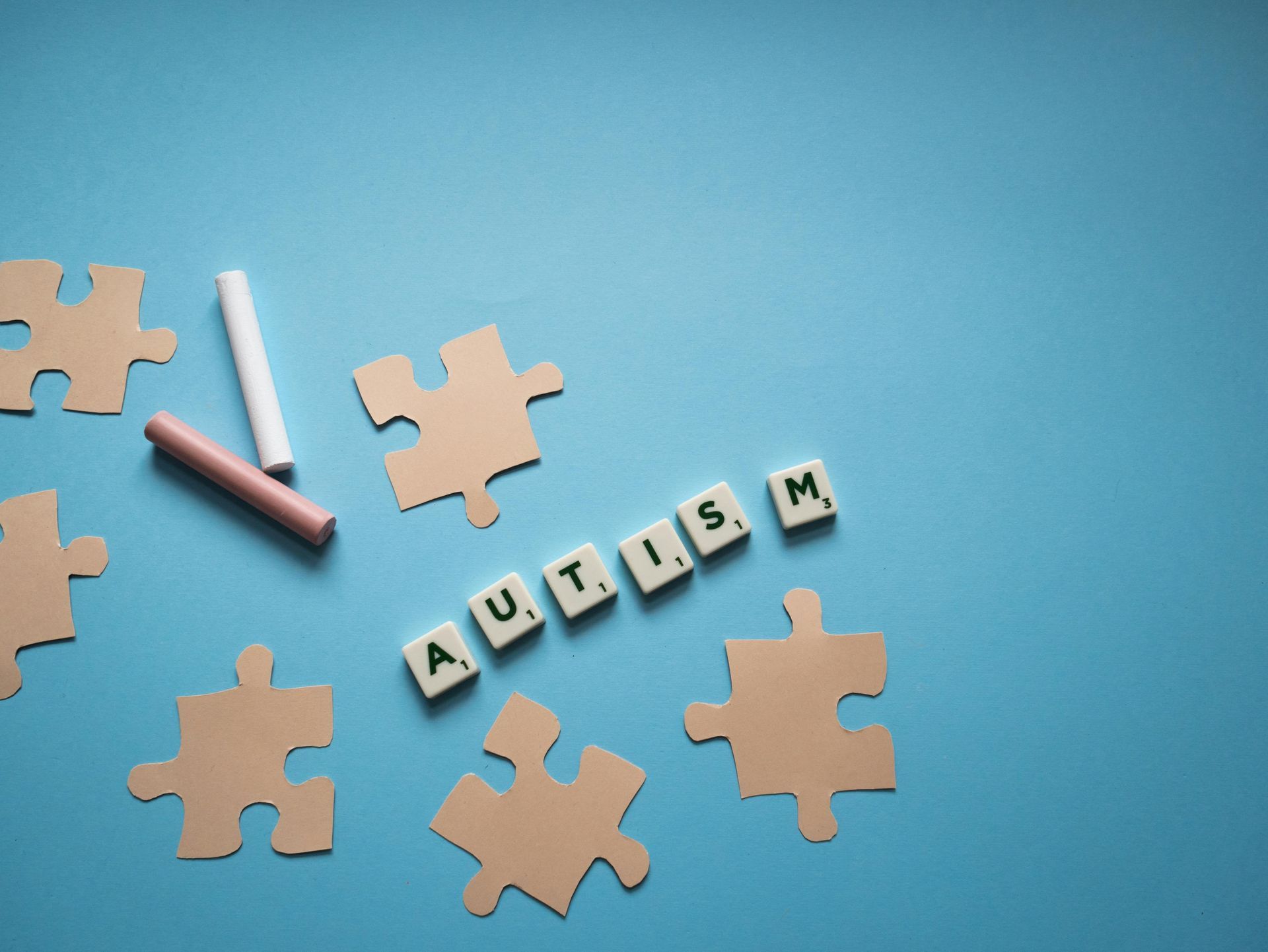Here at Global Hands Inc, we stand side by side for all your needs. We specialize in providing care and support services to persons with developmental disabilities and the elderly residing in Maryland.
Our team of care professionals are competent and qualified to promote your health, safety, comfort, and dignity with respect, compassion, and professionalism. We will treat you like family so you can expect favorable outcomes and unwavering care.
At Global Hands Inc., we are proud to be a trusted provider of compassionate care for developmentally disabled adults throughout Maryland. As a leading DDA-approved organization, we specialize in offering individualized services for adults with developmental disabilities, whether in group homes, personal residences, or other supportive settings. Our mission is simple—enhancing the quality of life for every person we serve through thoughtful, tailored care.
At the heart of Global Hands Inc. is a team of caring professionals who understand the value of dignity, respect, and independence. We approach care holistically, addressing the physical, emotional, and social needs of every individual. Whether you're seeking assistance in a licensed adult home, group setting, or private residence, our programs are designed to help developmentally disabled adults thrive.
We offer a wide range of services including support with daily living, health and wellness monitoring, medication management, community integration, and more—all designed to empower individuals to live fulfilling, independent lives in a nurturing home environment.
Just like a steady hand in times of need, Global Hands Inc. walks alongside each person on their journey, fostering safety, belonging, and growth. We are more than a care provider—we are a family committed to ensuring that every individual is seen, heard, and supported.
Let Global Hands Inc. be your partner in care. We believe in the power of compassion, the strength of community, and the importance of helping every individual find a place they can call home.







